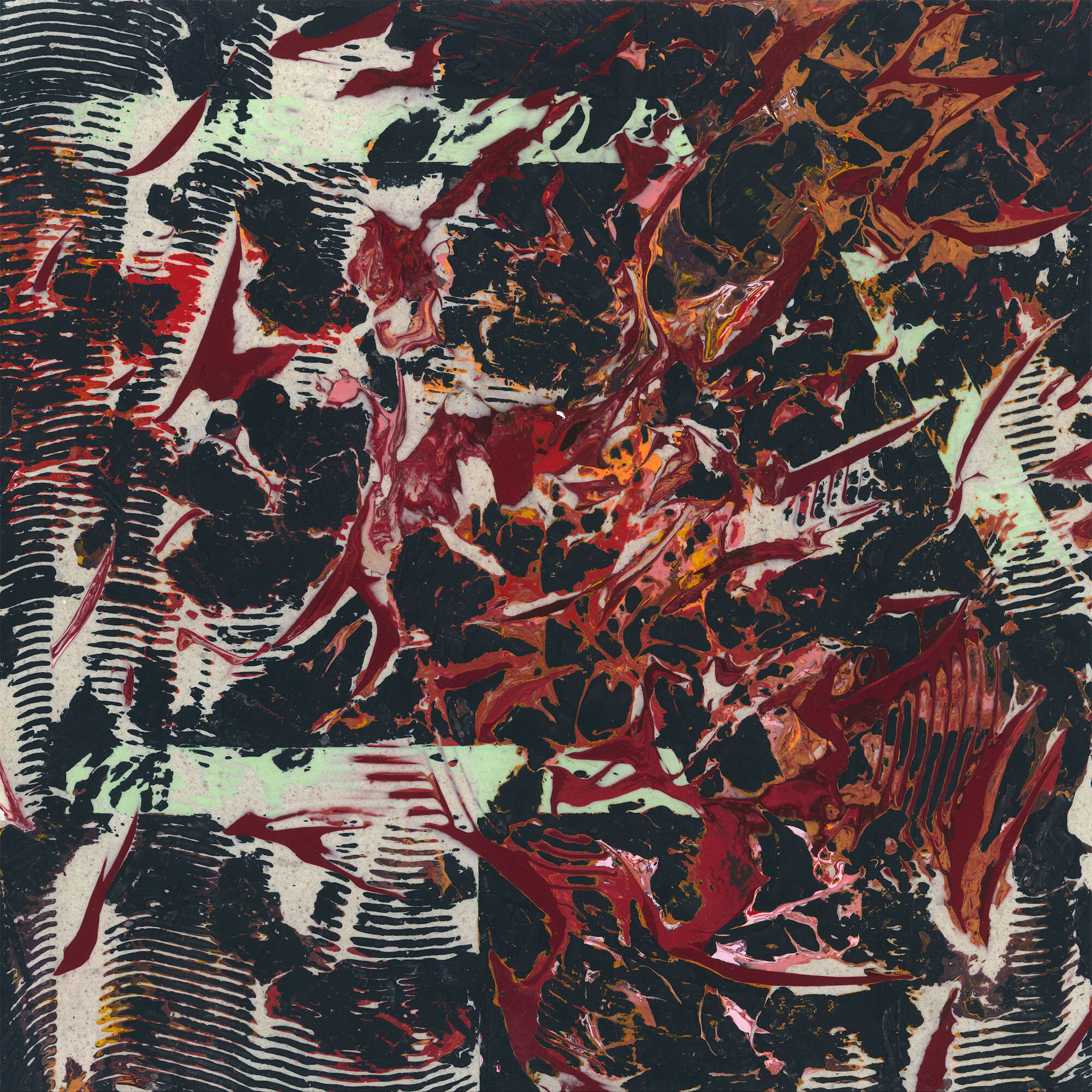Commentary Essay II: Taken
"O Rose thou art sick.
The invisible worm,
That flies in the night
In the howling storm:
Has found out thy bed
Of crimson joy:
And his dark secret love
Does thy life destroy.”
— William Blake, “The Sick Rose”
Contrary States of the Soul
English poet, painter, and printmaker William Blake (1757-1827) published a famous collection of illustrated poems called Songs of Innocence and Experience. The book's subtitle elucidates its focus: Showing the Two Contrary States of the Human Soul. What are these two “contrary states?” For Blake, “Innocence” connotes the purity of childhood—think John Milton’s “Paradise,” the Garden of Eden before the Fall. “Experience," on the other hand, captures corruption, loss, struggle, Milton’s “Fall,” and exile from Eden. As such, Blake explores the “two contrary states of the human soul” through a dichotomy as ancient as humanity itself.
Vanora’s second series drawn inspiration from Blake’s idea of “Experience.” In “Given,” we explored those aspects of existence which come to us as gifts—unbidden and undeserved. Now we enter the dark realm of “Experience” and explore those aspects of existence which come to us not as gifts, but as burdens and tragedies. “Taken” deals with the reality of loss.
We find one particularly poignant example of human loss in the biblical story of Job.
Loss in the Land of Uz
The book of Job begins: “There was a man in the land of Uz whose name was Job, and that man was blameless and upright, one who feared God and turned away from evil” (Job 1:1). When God permits a devilish character named “The Adversary” to test Job’s devotion, his life begins to fall apart. First, brigands steal Job’s livestock and slay his servants. Then a tornado razes a house on top of his young children, killing them all. And finally, as Job’s own wife betrays him, The Adversary inflicts Job’s body with blistering sores from head to toe.
“Do you still hold fast your integrity?” his wife mocks. “Curse God and die.” Job does not curse God, though he has now lost everything but his breath. Instead, he weeps.
It is interesting to note that, when God appears some thirty chapters later, he speaks to Job “out of the whirlwind”:
“Where were you when I laid the foundation of the earth?
Tell me, if you have understanding.
Who determined its measurements—surely you know!
Or who stretched the line upon it?
On what were its bases sunk,
or who laid its cornerstone,
when the morning stars sang together
and all the sons of God shouted for joy?” (38:4-7)
The Voice of the Whirlwind does not exactly accuse Job, but highlights the limitations of his understanding relative to God’s mysterious sovereignty. Job cannot wrangle this Whirlwind. Surprisingly, though, Job is vindicated before God in the end. (You can read it for yourself.) But he remains an example of a righteous man undone by “Experience"—a man from whom everything was Taken. Ultimately, Job reminds us of a tragic truth: that loss seems to be inherent to all human existence east of Eden…
And that includes Kansas.
Loss in the Land of Oz
We read of another, albeit much different, character whose life is turned upside down by a whirlwind in L. Frank Baum’s classic children’s novel, The Wonderful Wizard of Oz. The adventure begins when a twister sweeps through young protagonist Dorothy’s family farmhouse and carries her and her dog, Toto, away to a whimsical far-off land called Oz. Upon arrival at this foreign place, Dorothy utters her famous words to Toto: “I have a feeling we’re not in Kansas anymore.”
(One can’t help but notice the similarities between the land of Uz and Oz. In fact, when The Wonderful Wizard of Oz was first translated into twentieth-century Hebrew, translators used “Uz” instead of “Oz” for the novel’s Land of Oz. But there remains plenty of speculation around Baum’s meaning behind Oz.)
The central plot of the novel follows Dorothy’s journey back home to Kansas with her newfound friends. It is her home which the whirlwind takes, and her home she must find again. As a children’s story, Dorothy’s adventures in Oz uniquely echo back to Blake’s poems of “Innocence” and “Experience.” She is an innocent farm girl, lost and tossed into the trials of a wild world (i.e. evil witches and flying monkeys). In part, the feeling of homesickness captures what Blake meant by “Experience.” His collection even includes several poems about lost boys and girls, who, like Dorothy, feel far from home.
“Father, father, where are you going
O do not walk so fast.
Speak father, speak to your little boy
Or else I shall be lost” (“The Little Boy Lost”)
Of course, this was only Blake’s symbolic way of saying something more profound: that innocence, like Dorothy and Toto, has been lost.
The Origins of Loss
Christians trace this sense of loss, with its attendant Cosmic Homelessness, all the way back to Genesis 3. When Humanity sinned against God in the Garden of Eden they fell from their original state of integrity and innocence into a state of corruption. Not only did they lose the original blessings of life with God in the Garden; they also lost their home in the garden itself. They became exiles, estranged from the earth.
Christians also point to this historic event as the origin of all wrongness in the world. It is the bitter root of every evil, the source of corruption and violence and the gravest loss of all: death.
As a series, therefore, Taken acknowledges that to be a postlapsarian human is to be the victim of perplexing tragedies—but it goes further than that. It also assumes that we are perpetrators. Eve took the fruit from the forbidden tree, after all. We all undergo loss, yes, but we also inflict. We lust. We kill. We Take. The rest of the biblical narrative—and human history—bears this out in excruciating detail. None is truly innocent. In the words of one contemporary philosopher: “Things fall apart, of their own accord, but the sins of men speed their degradation.”
No, Job never cursed God, but he lamented his very life when he beheld everything he had lost. “Naked I came from my mother's womb,” he cried, “and naked shall I return.”




